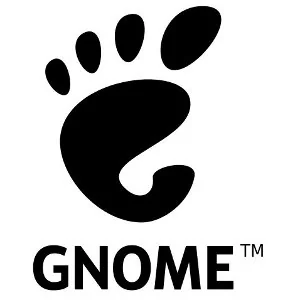Clutter Is Being Officially Retired

Besides Intel's notable use of it back in the day and their upstream work on it, Clutter has been used by various GNOME components but succeeded by new GTK4 functionality. Clutter has been in maintenance mode for years while with next month's GNOME 42 release Clutter and COGL / Clutter-GTK / Clutter-GStreamer will be removed from the GNOME SDK run-time. In other words, Clutter is being officially archived.
Clutter and the related sub-projects will all be archived on the GNOME GitLab with no new activity moving forward. However, the GNOME Shell will continue to have its internal copies of Cogl and Clutter.
Thanks to Clutter we were able to experiment with hardware accelerated rendering of UIs and with animation frameworks; we were able to create a complex, extensible compositing window manager in the form of GNOME Shell. Many of the ideas that were first iterated inside Cogl and Clutter, like a retained tree of render commands, are now being used inside GTK itself.
17 years of Clutter development live on in GTK, libadwaita, GNOME Shell and any other Mutter-based compositor. If you contributed to Clutter, you have my deepest thanks; if you used Clutter, I hope you were happy with the results.
More details on the Clutter retirement within this blog post serving as its obituary.
10 Comments

